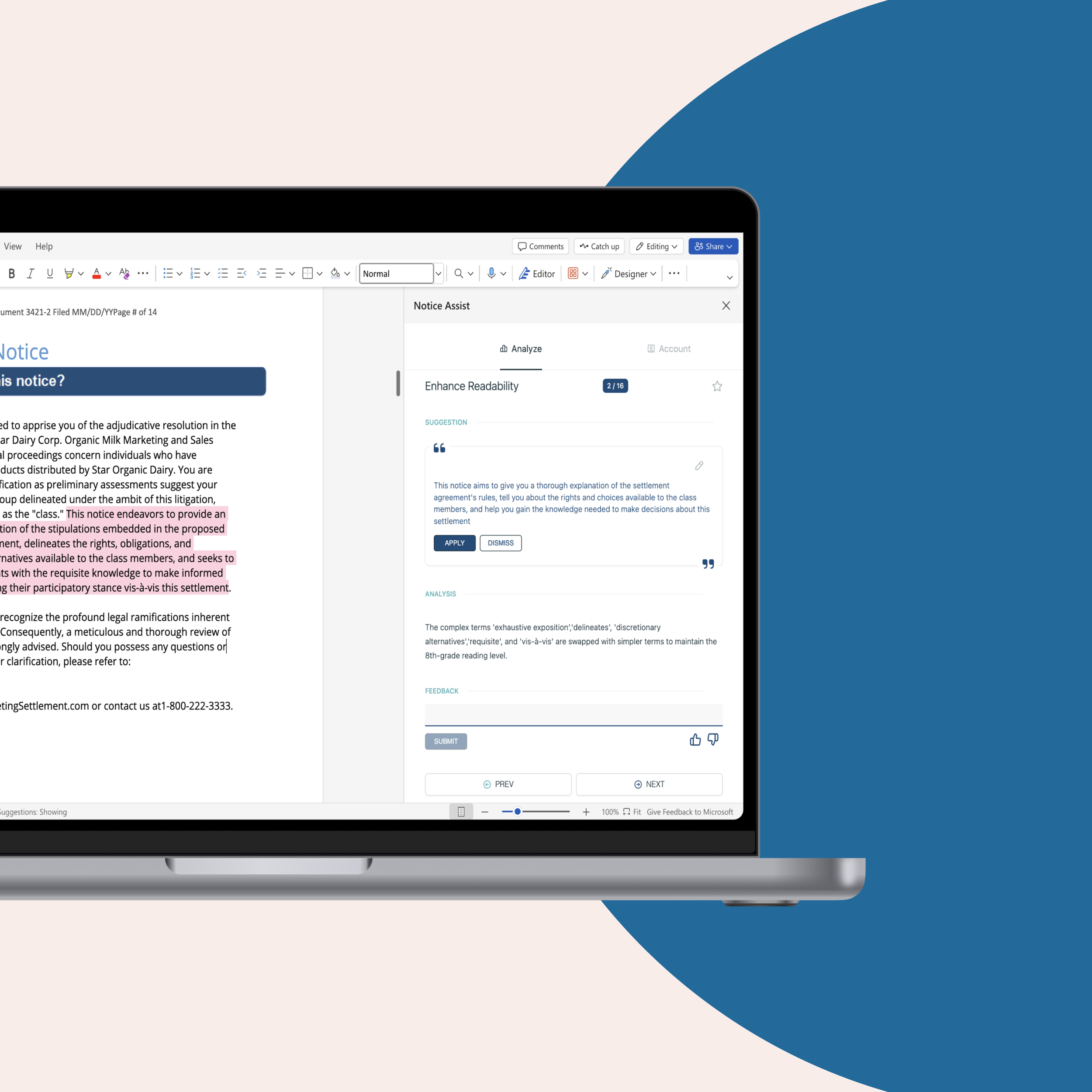Campbell-Ewald Co. v. Gomez – New Classic or the End of a Trend?
Robert Schug
Dir. of Litigation
& Training
Impact Fund
Our recent blogs Justice Kagan’s Dissent Chalks Up Another Victory on Rule 68 Mootness and Fifth Circuit Decides It Won’t “Try This At Home” Either, both speak to one of the three class action cases to be heard by SCOTUS next term: Campbell-Ewald Co. v. Gomez…
As a third-grader growing up in the suburbs of Minneapolis, Minnesota, I wouldn’t even think of leaving the house without pulling on my most fashionable pair of pants: Zubaz. They were so cool. Tiger print? Check. Cozy sweatpants material? Check. Available in the color scheme of my favorite pro football team? Of course. Everyone was wearing them. Everyone. They looked like this:
Zubaz were cool, once.
Thankfully, fashion trends come and go. The same can be said for class action defense strategies. Every so often, the defense bar comes up with a new plan to stop class actions in their tracks. Some fizzle out quickly (e.g., alleging dozens of counterclaims against class members), while some have a longer shelf life (e.g., the “preemptive” motion to deny class certification).
One tactic that came into vogue several years ago is the named plaintiff “pick-off.” This is how it works: A class action is filed to stop an unfair business or employment practice. Instead of contesting the claim on the merits, the defendant creates a “mootness” argument by making a settlement offer to the named plaintiff for the full value of his or her claims. If the plaintiff rejects the offer (or does nothing), the defendant argues that the claims are moot and should be dismissed because there is no longer a “case or controversy.”
The Supreme Court will judge the long-term viability of the “pick-off move” next term in Campbell-Ewald Co. v. Gomez. The plaintiff in Gomez filed a class action under the Telephone Consumer Protection Act after receiving an unsolicited text message from a marketing company advertising career opportunities for the U.S. Navy. The defendant subsequently offered $1,503.00 per violation to settle the case, plus costs. When the plaintiff rejected the offer, the defendant moved to dismiss, arguing that rejection of the settlement offer rendered the plaintiff’s claims, as well as any class claims, moot underFRCP 12(b)(1).
It’s not hard to imagine what would happen if this practice was sanctioned: a game of court-sponsored Whac-a-Mole. When one plaintiff is dismissed, another pops up in her place; the game continues, over and over again. Permitting this practice would compromise Rule 23 by allowing defendants to prevent meritorious class actions from ever getting out of the gate, and leaving important rights without an avenue for redress.
So will the named plaintiff pick-off go the way of my Zubaz? Or will the Supreme Court make it a fashion mainstay? Fashionistas that we are, we’ll be sure to keep you posted.












